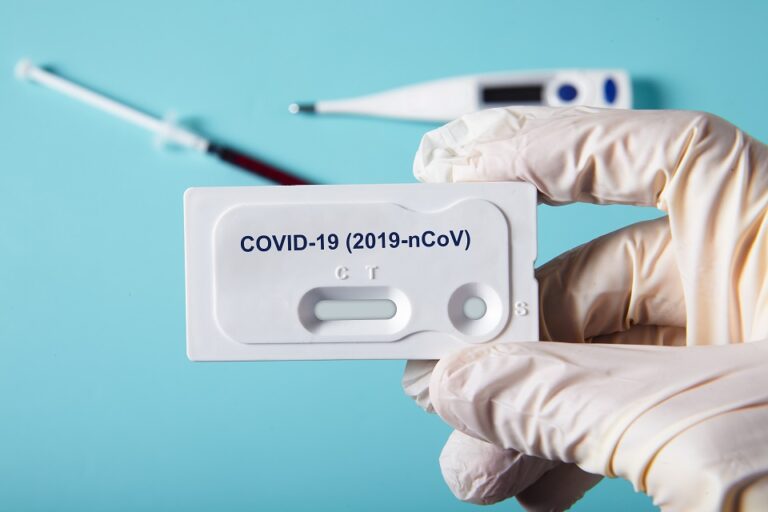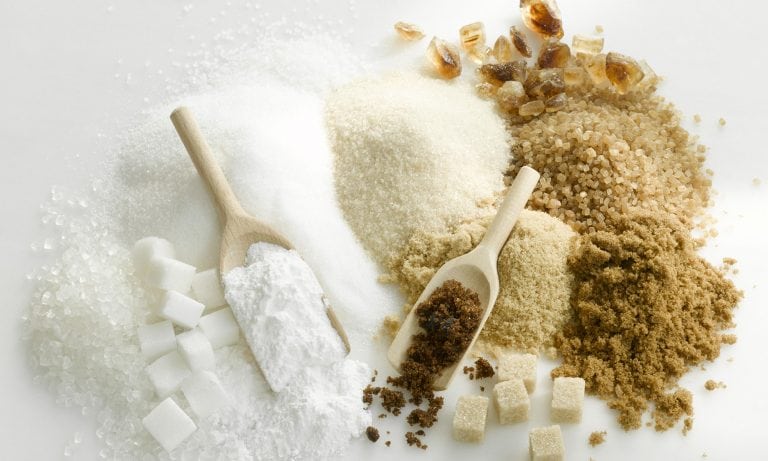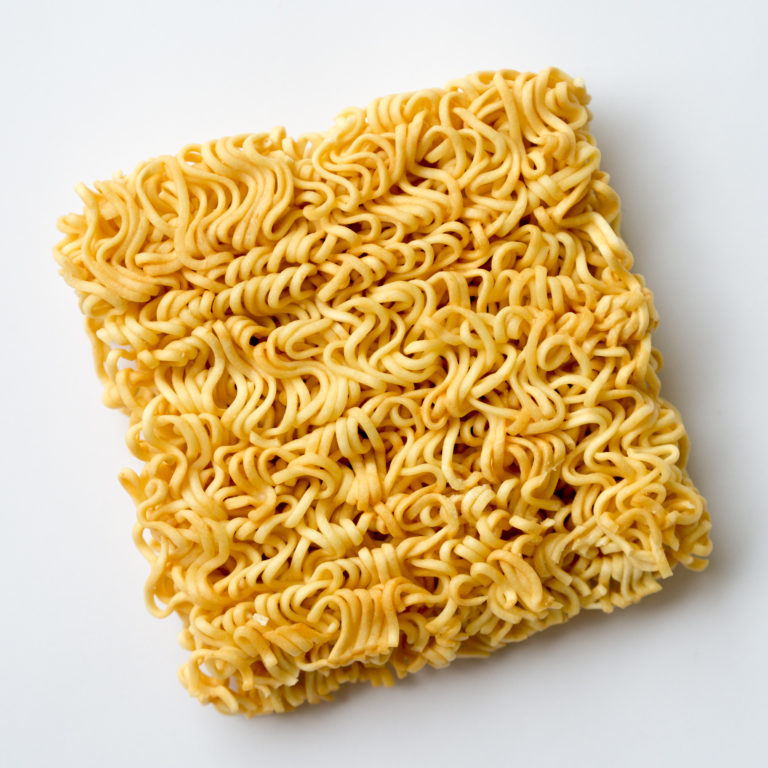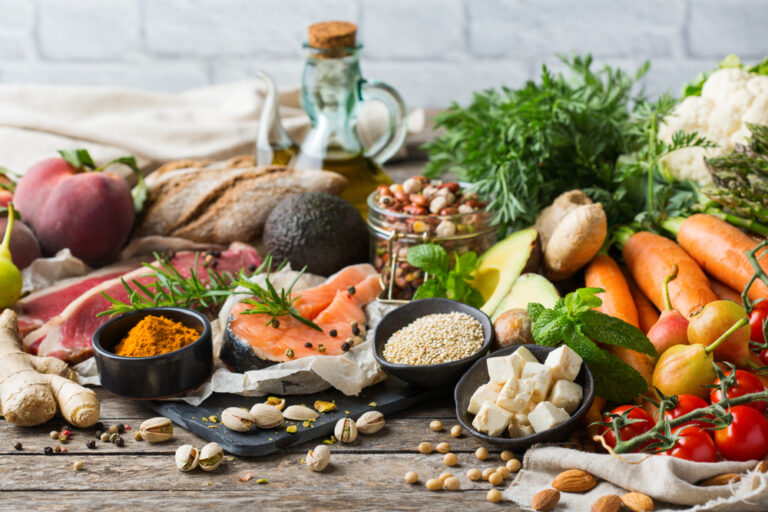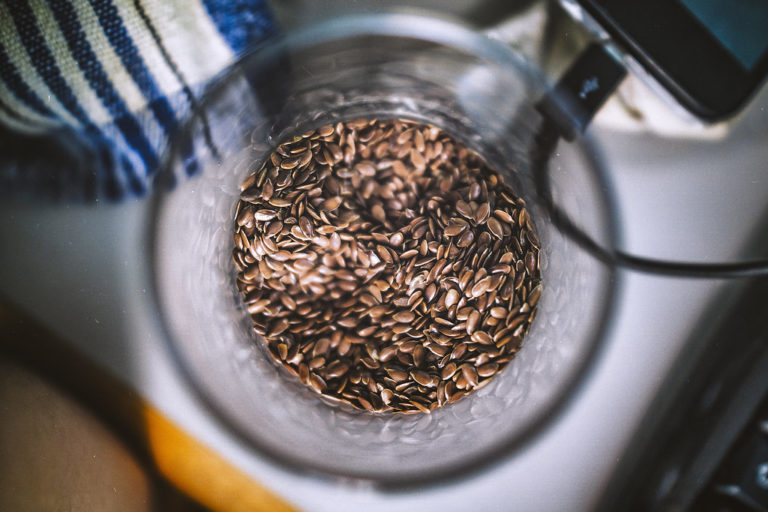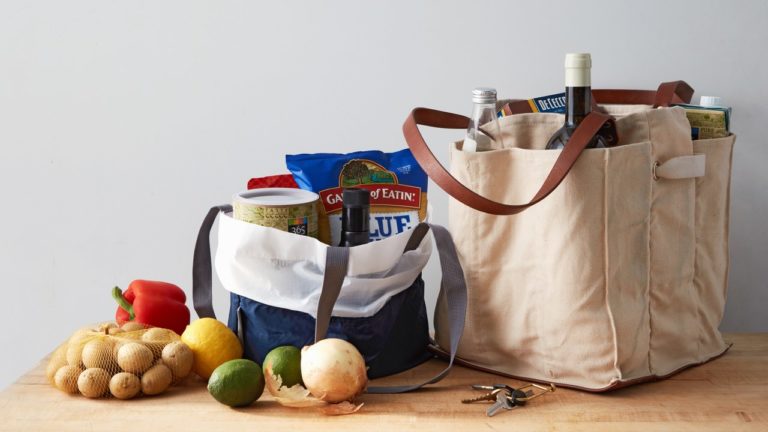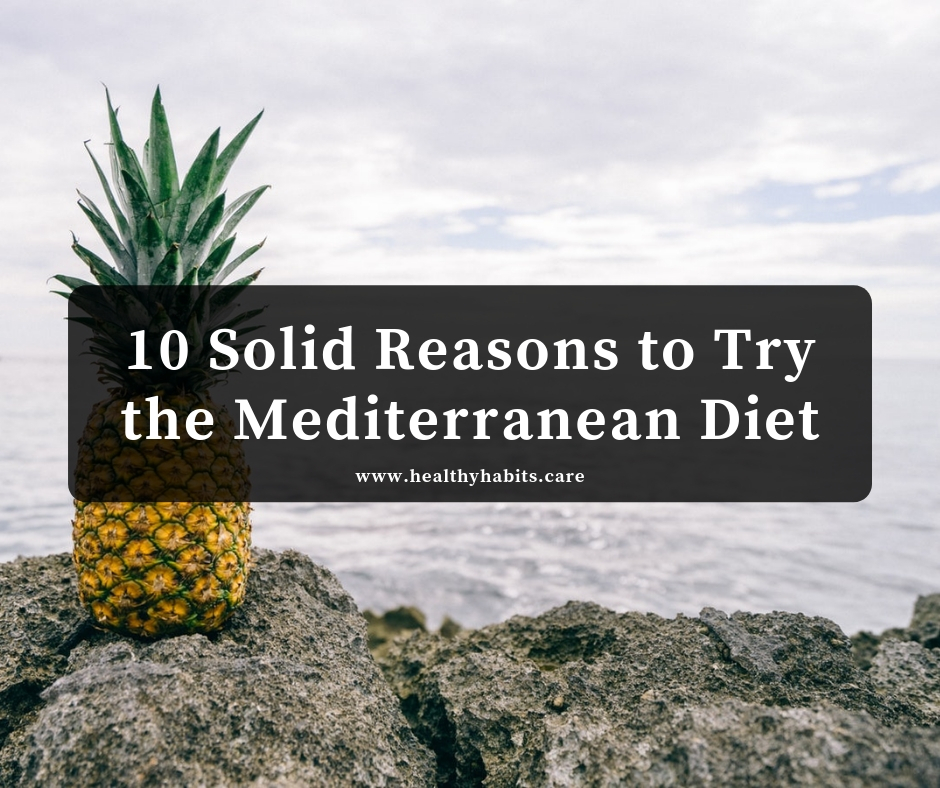
If you’re looking for a heart-healthy eating plan, the Mediterranean diet might be right for you.
This diet incorporates the basics of healthy eating – plus a splash of flavorful olive oil and perhaps a glass of red wine – among other components characterizing the traditional cooking style of countries bordering the Mediterranean Sea.
Most healthy diets include fruits, vegetables, fish and whole grains, and limit unhealthy fats. While these parts of a healthy diet are tried-and-true, subtle variations or differences in proportions of certain foods may make a difference in your risk of heart disease.
No calorie counting
You won’t need a calculator for this meal plan. Instead of adding up numbers, you swap out bad fats for heart-healthy ones. Go for olive oil instead of butter. Try fish or poultry rather than red meat. Enjoy fresh fruit and skip sugary, fancy desserts. Eat your fill of flavorful veggies and beans. Nuts are good, but stick to a handful a day. You can have whole-grain bread and wine, but in moderate amounts.
The food is fresh
You won’t need to roam the frozen food aisle or hit a fast-food drive-thru. The focus is on seasonal food that’s made in simple, mouth-watering ways. Build a yummy salad from spinach, cucumbers, and tomatoes.
You can have bread
Look for a loaf made with whole grains. It’s got more protein and minerals and is generally healthier than the white flour kind. Try whole-grain pita bread dipped in olive oil, hummus, or tahini (a protein-rich paste made from ground sesame seeds).
Fat isn’t forbidden
You just need to look for the good kind. You’ll find it in nuts, olives, and olive oil. These fats (not the saturated and trans fat hidden in processed foods) add flavor and help fight diseases from diabetes to cancer. Basic Basil Pesto is a tasty way to get some into your diet.
The menu is huge
It’s more than just Greek and Italian cuisine. Look for recipes from Spain, Turkey, Morocco, and other countries. Choose foods that stick to the basics: light on red meat and whole-fat dairy, with lots of fresh fruits and veggies, olive oil, and whole grains.
The spices are delicious
Bay leaves, cilantro, coriander, rosemary, garlic, pepper, and cinnamon add so much flavor you won’t need to reach for the salt shaker. Some have health benefits, too. Coriander and rosemary, for example, have disease-fighting antioxidants and nutrients.
It’s easy to make
Greek meals are often small, easy to assemble plates called mezzes. For your own serve-it-cold casual meal, you could put out plates of cheese, olives, and nuts.
You can have wine
A glass with meals is common in many Mediterranean countries, where dining is often leisurely and social. Some studies suggest that for some people, up to one glass a day for women and two for men may be good for your heart. Red wine may be healthier than white. Check with your doctor to see if it’s a good idea for you.
You won’t be hungry
You’ll get a chance to eat rich-tasting foods like roasted sweet potatoes and hummus. You digest them slowly so that you feel full longer. Hunger’s not a problem when you can munch on nuts, olives, or bites of low-fat cheese when a craving strikes. Feta and halloumi are lower in fat than cheddar but still rich and tasty.
You can lose weight
You’d think it would take a miracle to drop some pounds if you eat nuts, cheese, and oils. But those Mediterranean basics (and the slower eating style) let you feel full and satisfied. And that helps you stick to a diet. Regular exercise is also an important part of the lifestyle.





